Prism: LSD Tabs – 100μg
DISCLAIMER: Each individual piece will be a section of the triangle displayed in the photos.
DOSAGE: 100 per tab / 5 tabs per box
What is LSD?
LSD (lysergic acid diethylamide) is a synthetic chemical, made from a substance found in ergot, which is a fungus that infects rye (grain). LSD belongs to a group of drugs known as psychedelics. When small doses are taken, it can produce mild changes in perception, mood, and thought. Larger doses may produce visual hallucinations and distortions of space and time.
$80.00

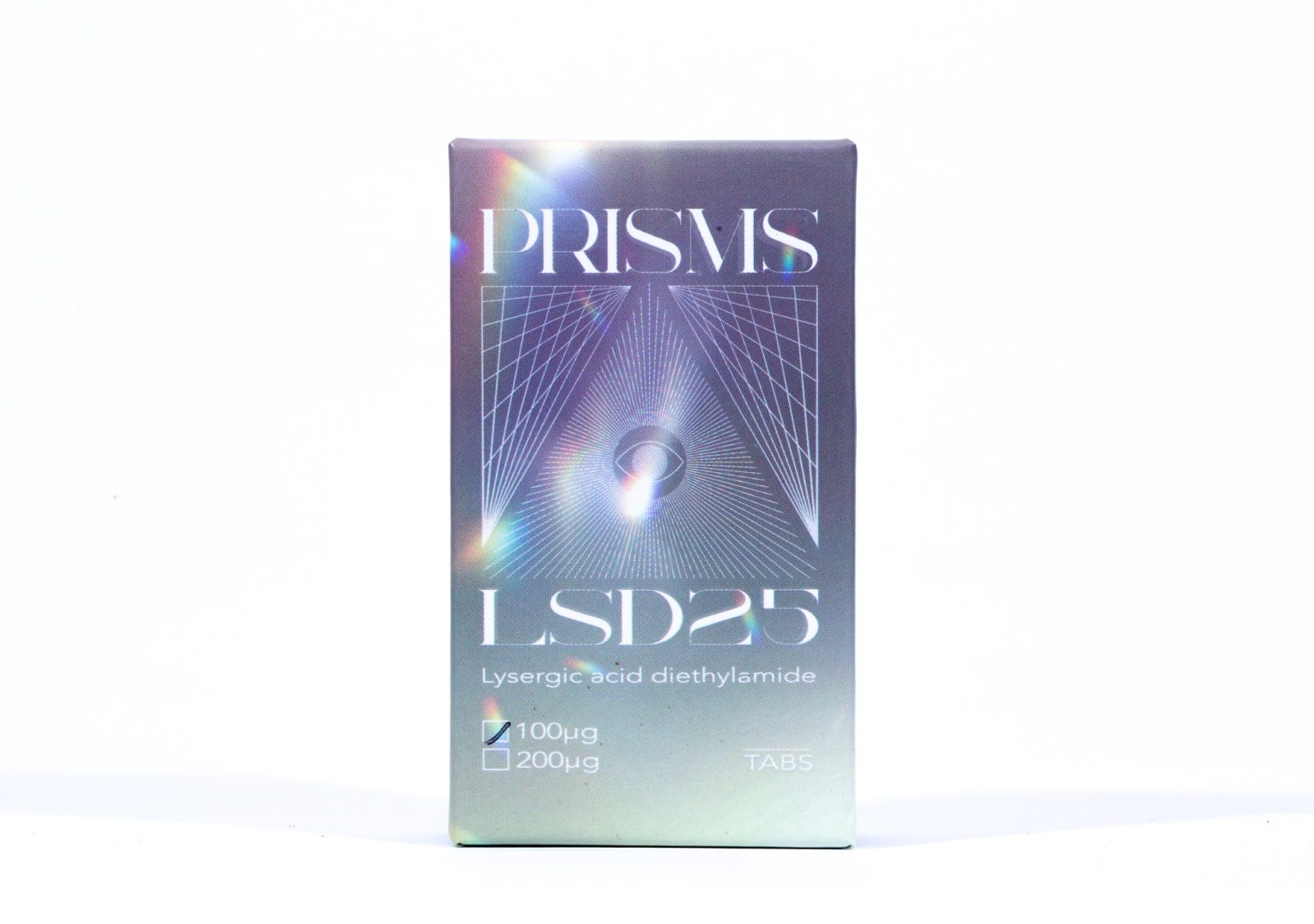
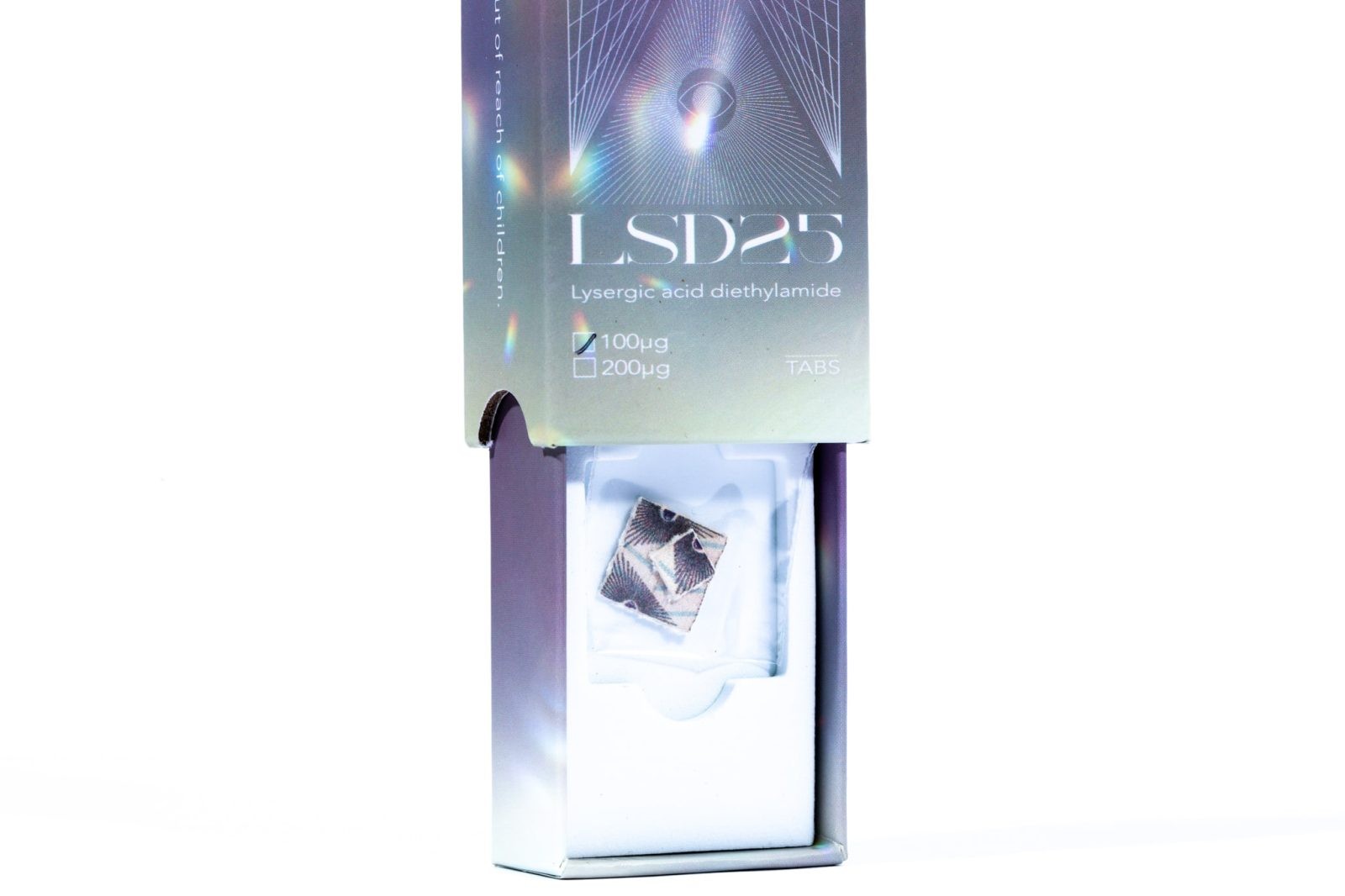
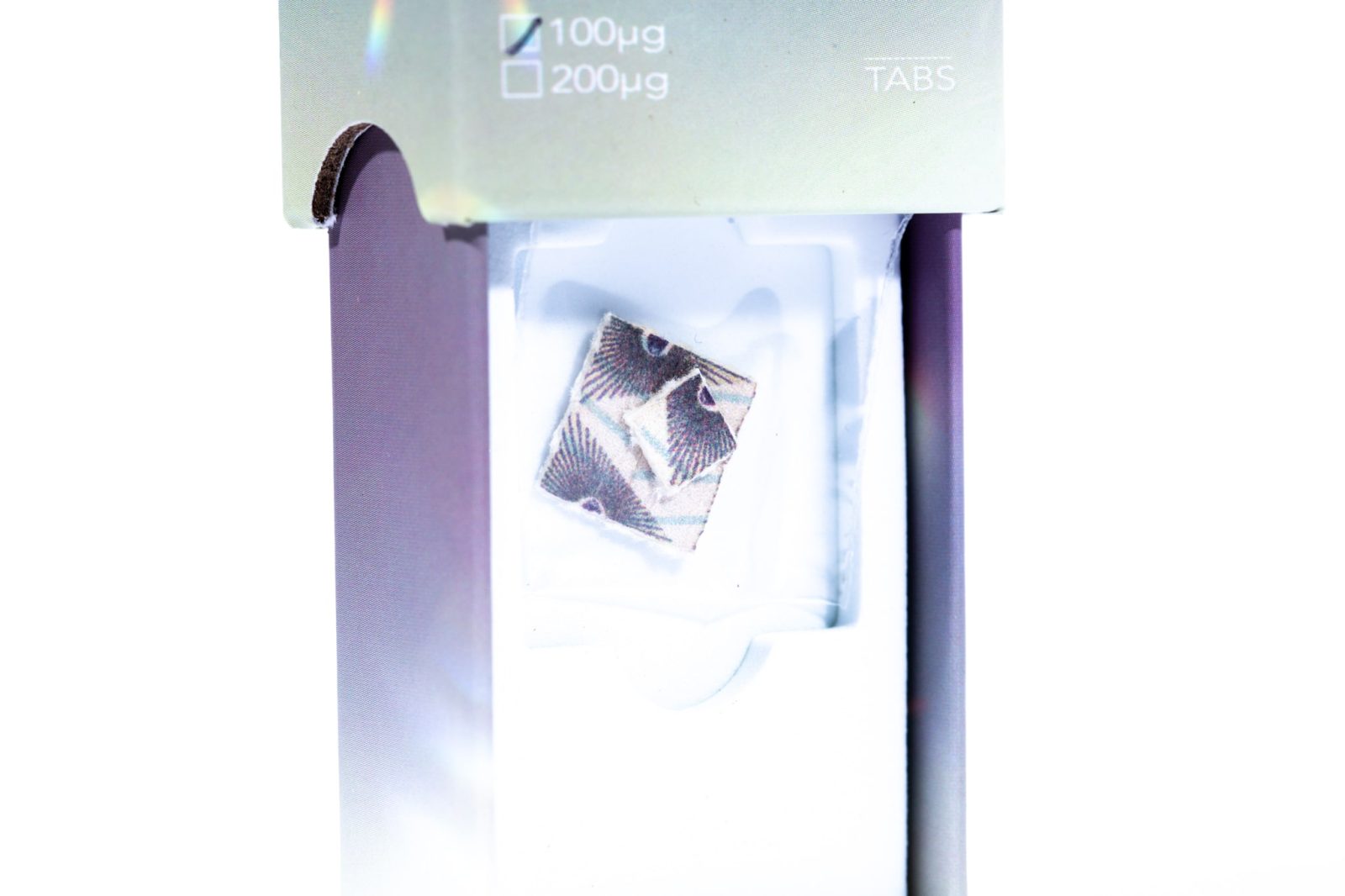
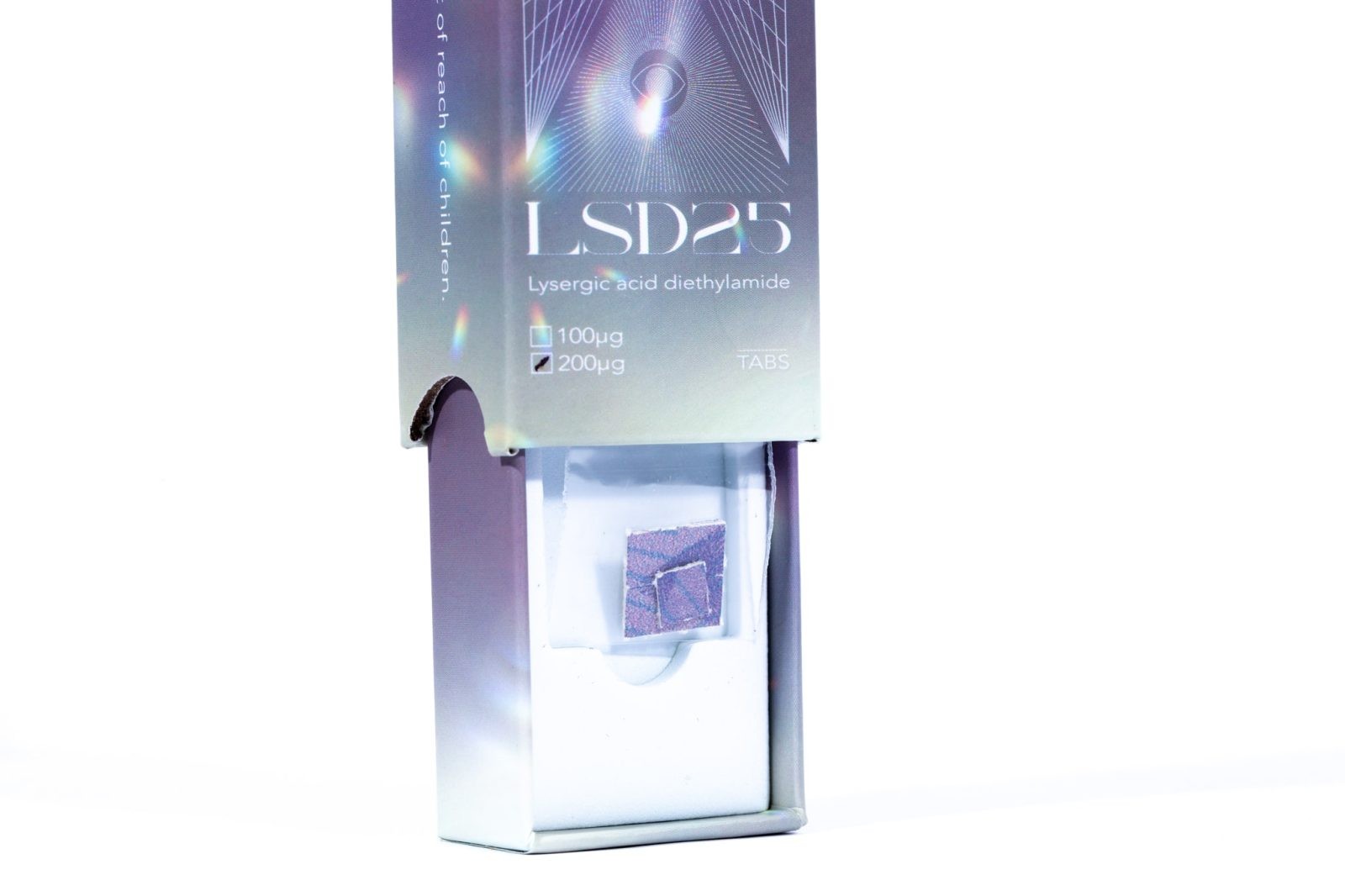
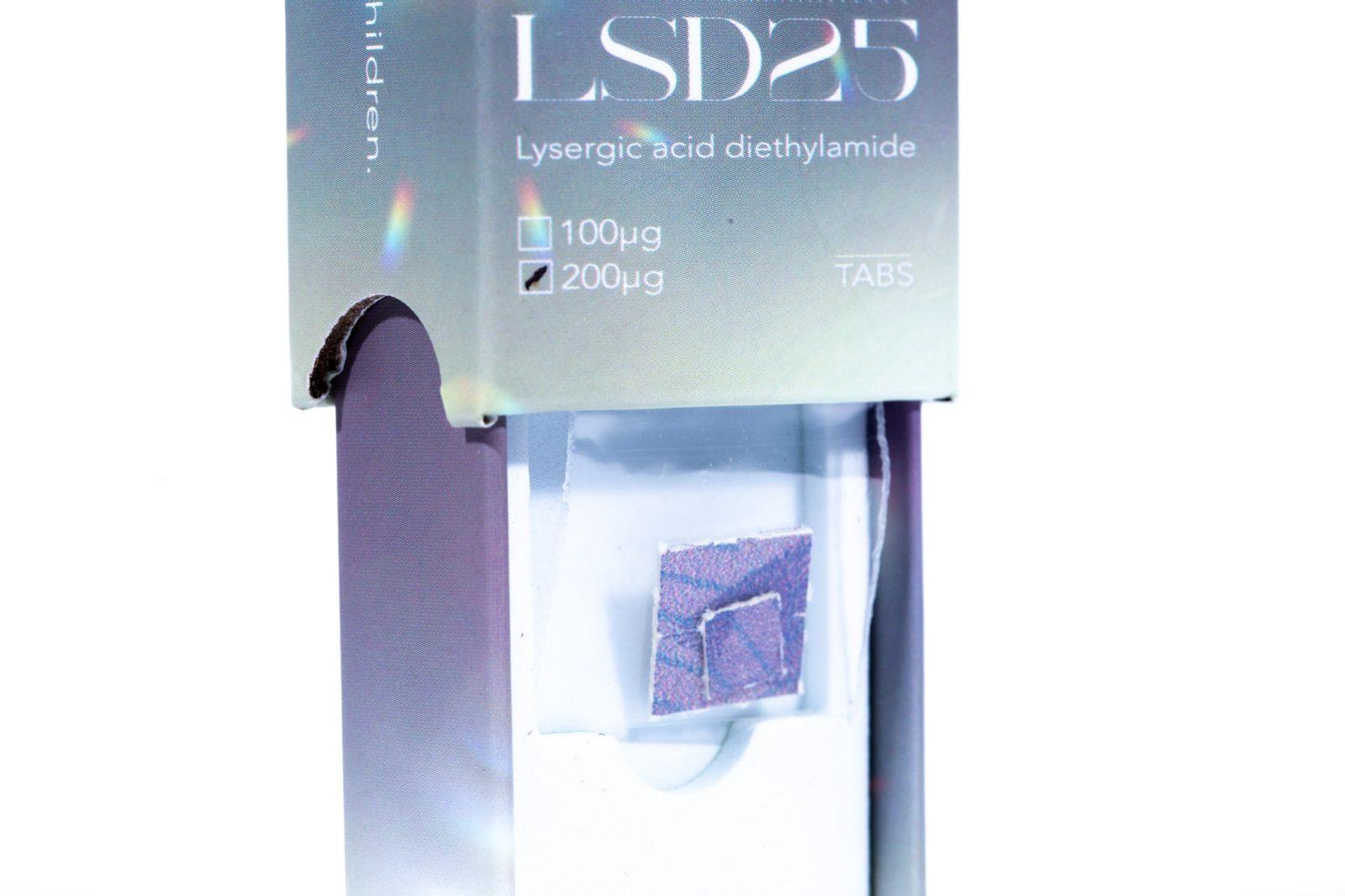
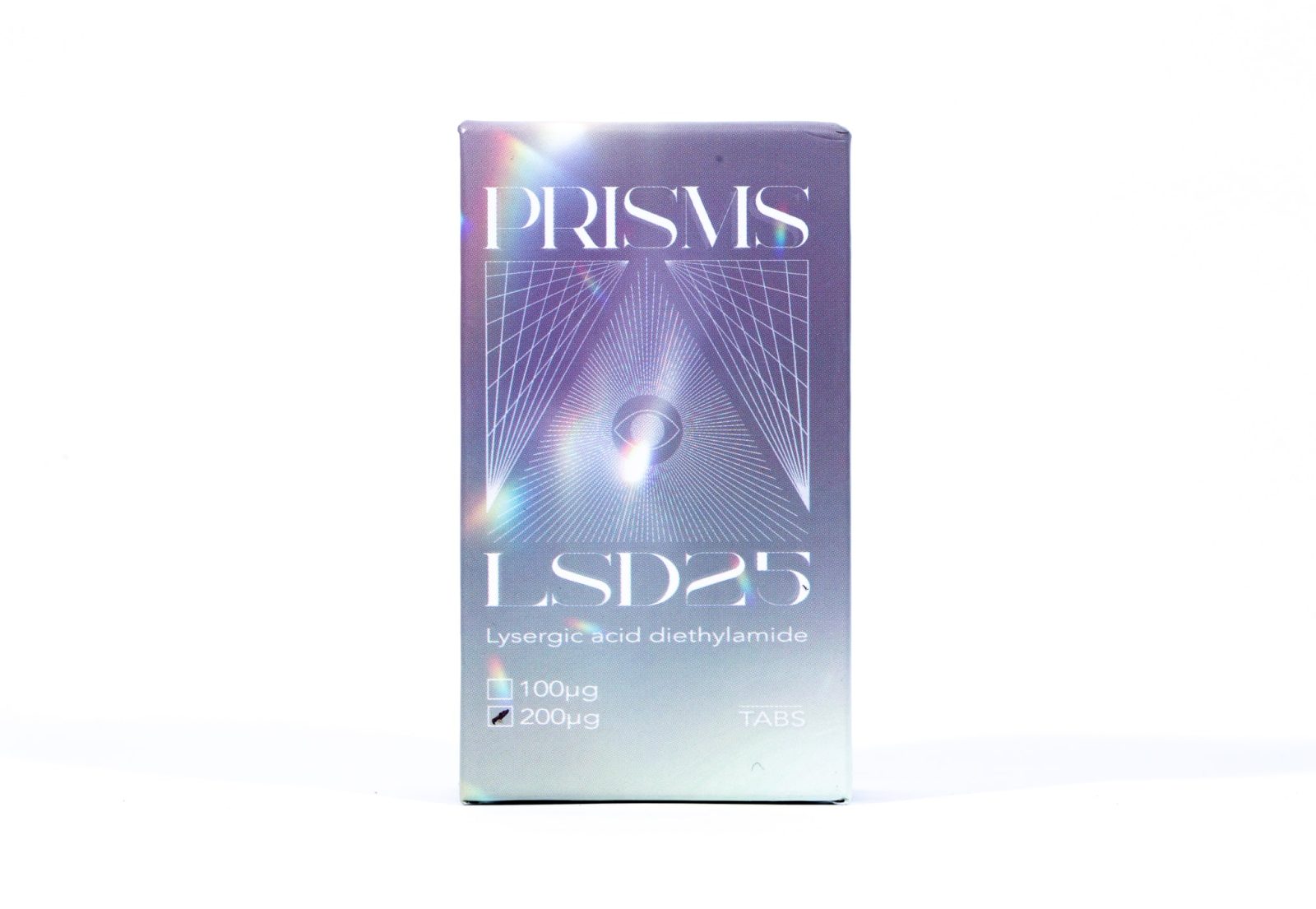









andrewchaos006 –
just incredible